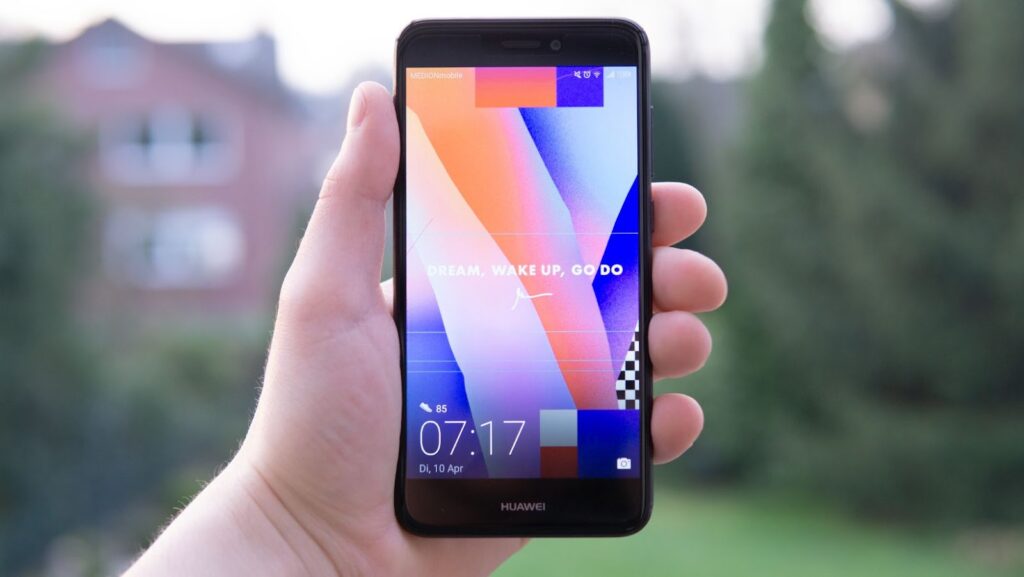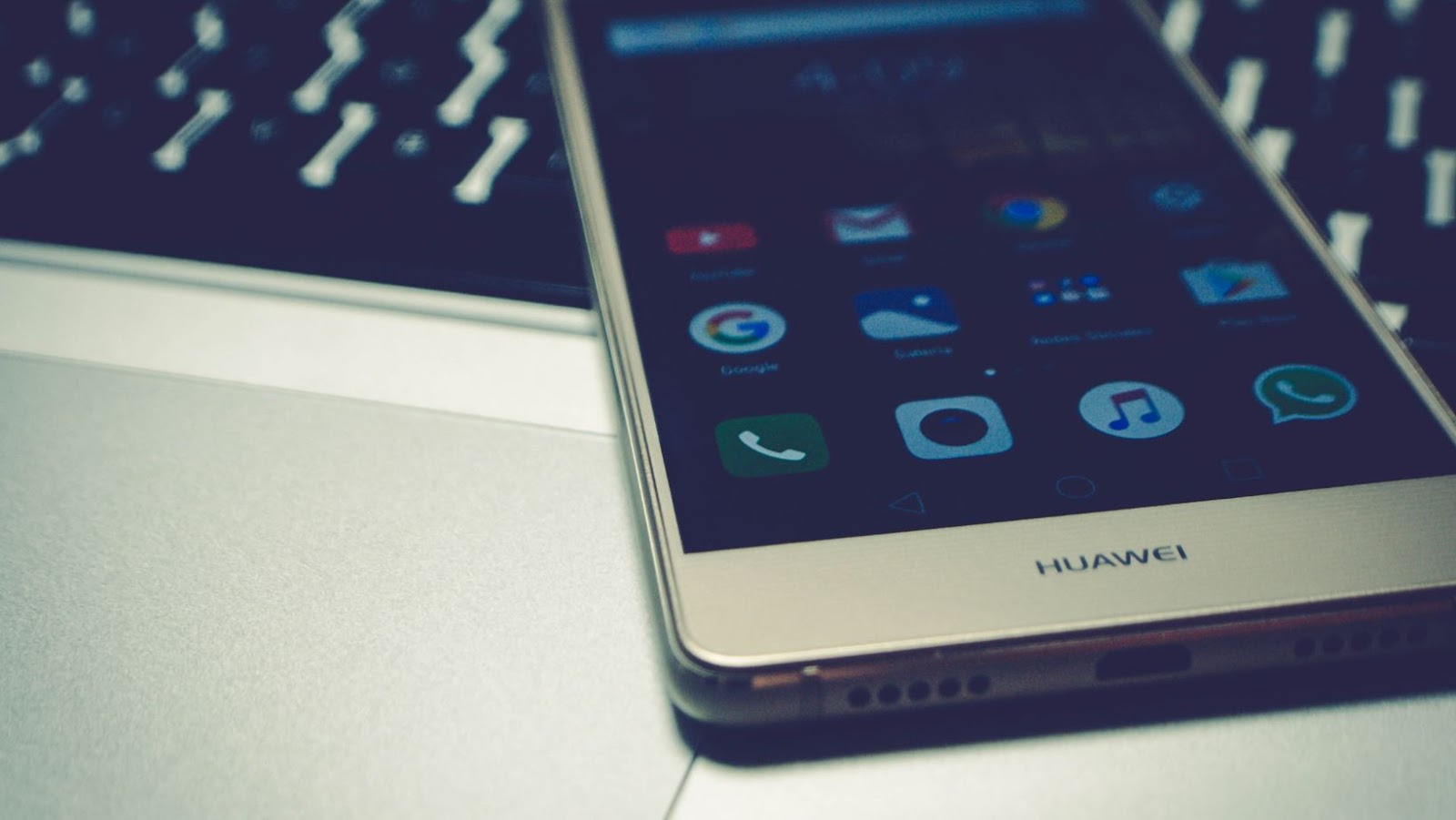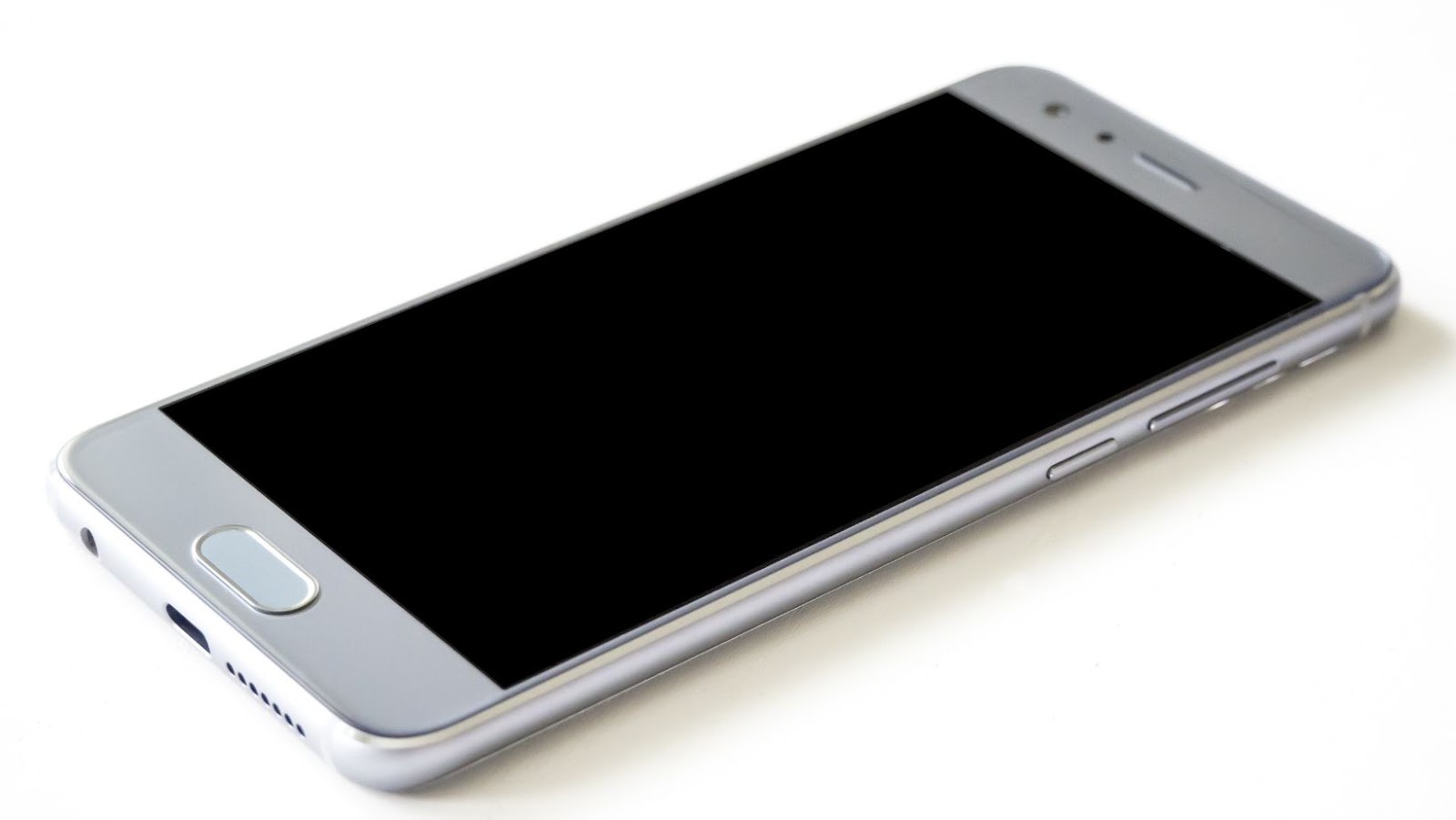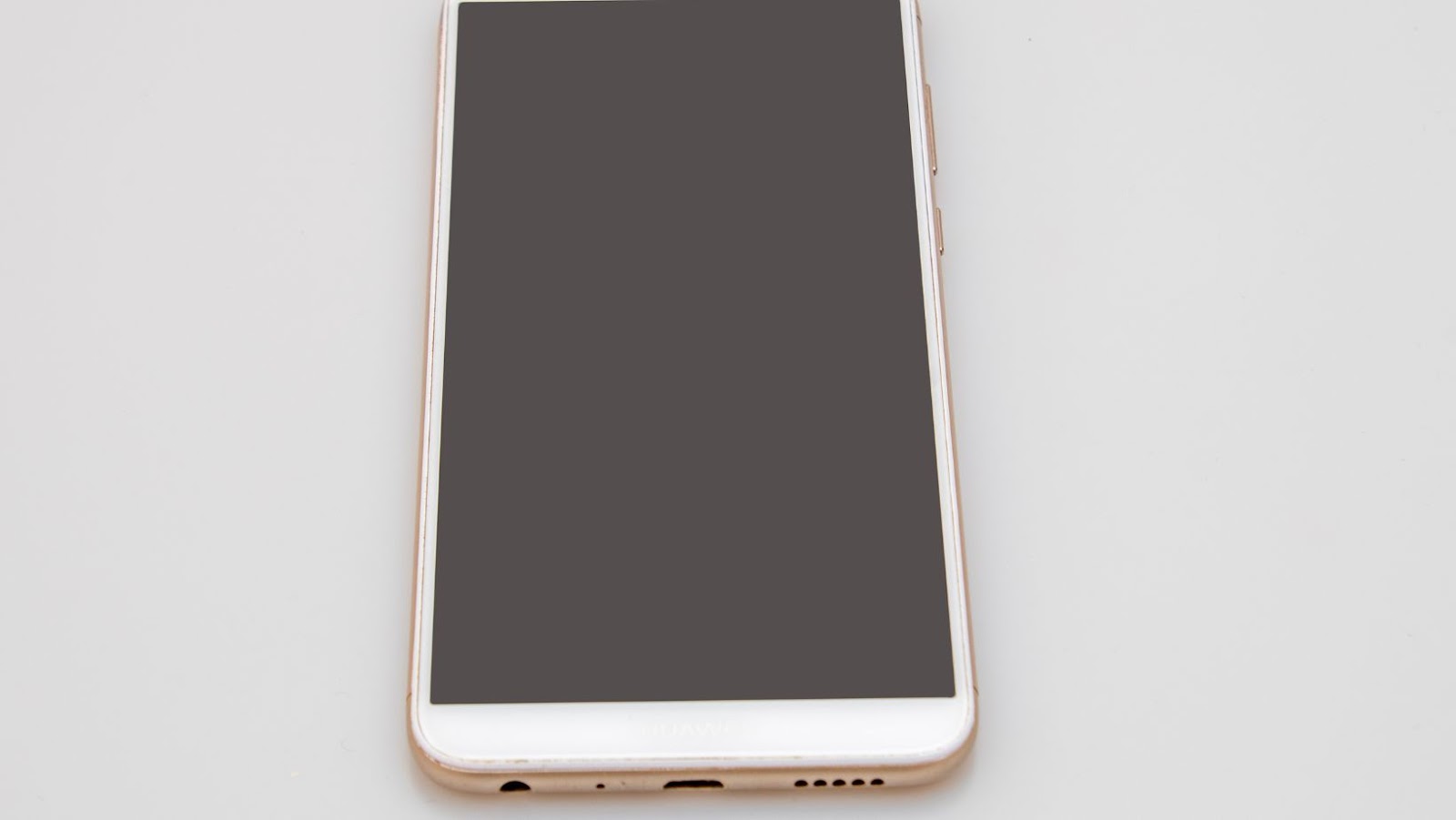Chinese telecommunications company Huawei recently signed a Memorandum of Understanding with former Brazilian President Michel Temer to collaborate on developing new digital technologies and products in Brazil. This move is part of the company’s global mission of creating a more digitally connected society while promoting economic growth in the countries it works with. However, it begs the question: why has Huawei established a strategic partnership with Michel Temer?
Huawei’s relationship with Temer and his Digital Brazil Institute dates back to 2017, when Temer first visited Huawei’s main campus in Shenzhen. Since then, both sides have actively worked to align their interests and launch various initiatives which are mutually beneficial for both parties. For example, Huawei offered their support for the Digital Brazil Institute which seeks to promote digital transformation across different sectors including energy, education, healthcare and transportation. In return, Temer pledged his government will provide incentives for businesses seeking to invest in technology projects using the latest developments from Huawei and other international companies.
Given that Michel Temer has an extensive background in international politics and holds great influence among senior World Bank leaders, Huawei made sure to use this opportunity wisely by cooperating with him on numerous development projects and advocating for better policies regarding technology applications in emerging markets. In addition to enjoying the benefits of having an influential local partner who can represent their interests at higher levels of government, it also gives them direct access to wealth of knowledge regarding regional trends which will facilitate market penetration within Latin America even further.
Background of Huawei
Huawei is a Chinese telecom giant known for its cutting-edge technological advancements, especially in developing and commercialising 5G networks. It is one of the world’s largest suppliers of telecommunications equipment and network solutions.
To tap into the South American market and gain an edge in the 5G race, Huawei has recently announced that it is partnering with former Brazilian President Michel Temer to provide strategic advice. Although this move has raised some eyebrows, let’s look into the background of Huawei and explore why they are partnering with Temer.
History of Huawei
Huawei Technologies Co. Ltd is a Chinese multinational networking, telecommunications equipment, and services company headquartered in Shenzhen, Guangdong. It is the largest telecommunications equipment maker in the world and one of the top smartphone brands globally.
Huawei grew rapidly since its formation in 1987 by Ren Zhengfei, a former engineer and deputy Director of the People’s Liberation Army Engineering Corps. Its employees own it through an IPO (initial public offering) that began trading on June 18, 2018.
During their rise to success, Huawei faced a series of political controversies due to their perceived close ties with the Chinese government. As a result, some governments have imposed restrictions on using their products and/or services for national security reasons; for example, five democratic countries signed a joint statement in May 2019 to mobilise against Huawei’s alleged espionage activities–Australia, Canada, Japan, New Zealand and the United States—United States President Donald Trump announced a ban on Huawei products from US networks on May 16th 2019.
Unsurprisingly then, in 2018-2019 Huawei began making stronger partnerships with world leaders such as Michel Temer who took office as Brazil’s president following Dilma Rousseff’s impeachment. The new deal with Michel Temer meant that Huawei would invest heavily into Brazilian infrastructure projects such as 5G networks—a major coup for both parties involved considering many other countries have expressed concerns about quality and reliability when dealing with Chinese companies such as ZTE and Huawei due to data privacy concerns regarding China’s intelligence laws that require companies to cooperate with intelligence services when requested by them.
Huawei’s 5G technology
Huawei is the world’s largest telecommunications equipment manufacturer and one of the largest providers of 5G technology. Founded in 1987, the Chinese technology giant is at the forefront of mobile and enterprise communications, cloud computing, and other telecoms services. Its 5G technology uses its advanced radio frequency (RF) components and network infrastructure to deliver significantly faster speeds, higher reliability, and broader coverage than predecessor LTE networks.
Focusing on 5G helps Huawei reflect its commitment to providing first-class products that enable customers to enjoy reliable wireless communication with minimal interference or disruption. Huawei has invested heavily in research and development for its products over the years; this dedication is evident in the feature-rich capabilities of their LTE-Advanced Pro and 5G radios.
Huawei’s 5G technology allows for faster download times, improved latency performance (reducing video stutter), increased network reliability (lowering dropped/failed calls or poor signal quality), and wider coverage with greater capacity to support a large number of users simultaneously. Huawei even claims that it can provide up to 100 times more data capacity than traditional 4G networks while still offering consistent speeds across different regions – making it a great choice for businesses looking to capitalise on data-centric projects such as real-time analytics or predictive analytics tools.
As part of their strategic partnership agreement with Brazilian President Michel Temer signed in 2019, Huawei will invest heavily into developing Brazil’s 5G infrastructure which will ultimately benefit businesses seeking to access reliable high speed internet services throughout South America’s largest country.
Background of Michel Temer
Michel Temer is a Brazilian lawyer and politician who previously served as the 37th president of Brazil. He was the first Brazilian president from a party other than the Workers’ Party since the end of the military dictatorship in 1985. After leaving office in 2018, Temer has now been roped in by Chinese telecom giant, Huawei, to advise on 5G technology.
In this article, let’s delve deeper into his political career and why Huawei chose him as their advisor.
Political career
Michel Miguel Elias Temer Lulia is a Brazilian lawyer, professor, and politician who currently serves as the 37th President of Brazil. He took office in 2016 after the impeachment of Dilma Roussef in 2016. Before becoming President, Temer was Vice President from 2011 to 2016 under Rousseff’s administration.
Since his ascension to the top post in Brazilian politics, Temer has taken up several controversial initiatives, including loosening labour laws and cuts to public spending. In addition, Temer has been open to foreign investments from some of the global tech giants such as Asus and Huawei to pay for debts accrued from these policies. At the same time he has tightened immigration rules and attempts are being made to relax free trade protocols with certain countries.
This move by Temer signals that he hopes foreign capital can prop up his political current stance while also appeasing domestic stakeholders through tightening anti-immigration measures. This unlikely combination has invited outcries domestically and internationally over perceived corruption within Brazilian governance structures. Still, Temer remains firm on his ideology, only firing back with comments devaluing such dissent born out of “emotional” responses rather than based on tangible evidence.
Achievements as President
During his short tenure as president, Michel Temer achieved many political reforms. He advanced major reforms in pension systems, labour, tax and public finances in Congress. He also passed laws to reduce the country’s high cost of doing business, increase foreign investment and improve infrastructure.
Temer also initiated one of the largest privatisation programs in Brazilian history that generated 18 billion reais for the federal government. Additionally, his public debt cuts helped expand growth opportunities for the Brazilian economy and populated markets with resources for private sector initiatives.
The president’s achievements went beyond economic policy goals and was credited with reestablishing Brazil’s standing in international affairs. Temer reintroduced Brazil to world leaders while fostering new relationships with important diplomatic partners such as China, India and Germany—relationships that previous governments had not explored since President Lula da Silva took office in 2002. The partnership between Huawei and Michel Temer is yet another result of these diplomatic efforts.
Chinese telecom giant Huawei ropes in former Brazilian President Michel Temer to advise on 5G
Chinese telecom giant Huawei has announced a partnership with former Brazilian President Michel Temer to advise on 5G rollouts in the country. This strategic move comes when the South American powerhouse is more open to embracing new technologies, particularly in the telecom sector.
Let’s unpack why Huawei recruited President Temer, and what this partnership could mean for the 5G market.
Huawei’s need for a political figure
The Chinese tech giant Huawei hopes to benefit by partnering with Brazilian President Michel Temer for an infrastructure deal. Huawei stands to gain from the recently announced Status Agreement, which facilitates the deployment of communications and technological services across Brazil’s digital and ICT (Information, Communication and Technology) network. To successfully carry out these ambitions, Huawei had to broker a deal with a figure of authority in the country—in this caseTemer—to establish their trustworthiness as they try to secure market domination in Latin America.
This agreement is noteworthy because PresidentTemer represents one of the few pro-market leaders in Brazil, who has strongly backed increased private investment in infrastructure improvements and support for businesses. As such, Huawei believes that it can rely on Temer’s friendliness toward foreign companies and his support for new technologies as it establishes itself in the region. Additionally, having access to PresidentTemer’s government contacts and resources will help speed up their process of obtaining necessary licences and permissions from other agencies throughout Brazil.
Ultimately, this strategic move by Huawei increases its visibility among Brazilian consumers while also suggesting that it holds political clout—a message that could help them secure long-term investments from large organisations seeking stability before joining projects abroad. Subsequently, this deal will grant the Chinese telecommunications company greater access to Latin America, enabling them to expand further into this part of the world.
Temer’s experience in the telecom sector
Michel Temer is President of Brazil, but before his tenure in office he had an impressive career in telecommunications. As Minister of Communications, he oversaw the implementation of a wide range of telecom projects that increased availability and access to high-speed communications throughout the country. In addition, Mr. Temer was responsible for streamlining existing regulatory policies while ensuring that Brazil’s citizens enjoyed safe and reliable broadband options at competitive prices.
Given Mr. Temer’s experience in telecommunications, Huawei likely viewed him as a valuable asset when choosing a partner in Brazil’s broadband expansion program. With his years of experience in this segment and his commitment to finding new ways to use technology to benefit people, Mr. Temer’s technical understanding and familiarity with the telecom industry surely played into Huawei’s decision-making process when selecting him as a partner for its Brazilian initiatives.
Benefits of the Partnership
The Chinese telecom giant Huawei has recently partnered with former Brazilian President Michel Temer to advise on developing 5G technology in Brazil. This partnership highlights the advantages of combining the expertise of a globally renowned tech corporation with the insight of an experienced national leader.
In this article, we will delve into how this partnership can benefit both Huawei and Brazil.
Increased visibility for Huawei
The partnership between Huawei and Michel Temer, the former President of Brazil, provides an ideal platform for Huawei to increase its visibility in Brazil as it looks to firmly establish its presence in the fast-growing South American country. With one of the highest GDPs in Latin America, Brazil is an attractive market for global brands. Therefore, installation by Huawei products with Temer’s endorsement can help build consumer trust and appeal to those inclined towards international brands.
Moreover, partnering with a reputed politician such as Michel Temer will lend legitimacy and credibility to the Chinese company’s image. This will also open doors for numerous opportunities around customer service improvement, management consulting and technology implementation that may not have been possible without this association.
Despite being present in more than 170 countries worldwide, Latin America is a relatively new territory for Huawei. Therefore, partnering with a high-profile figure like Michel Temer can be beneficial in garnering attention among tech enthusiasts throughout this region through his influence over various media outlets. This way,Huawei will gain access to new customer segments that were hitherto untapped due to lack of awareness about its technological advancements or insufficient infrastructure facilities across rural areas in Latin America that make installation of telecommunication highly difficult without assistance from local experts like Temer.
Improved access to the Brazilian market
The partnership between Huawei and former Brazilian President Michel Temer promises to bring several benefits for both parties. For Huawei, it represents an opportunity to build a stronger relationship with the Brazilian business community and gain better access to the local market. The company is well known in China, but it has never had much of a presence in Brazil. Through this partnership, Huawei can boost its brand recognition and strengthen its customer base.
In addition to improved access, the two parties will also benefit from mutual investment opportunities. Last week, Huawei announced plans to invest $46 million in Brazil over the next two years — an unprecedented amount given their short history. These investments could lead to job creation, increased partnerships with local companies, and other economic benefits throughout Brazil’s business community.
Furthermore, Temer’s experience and connections in the public sector may provide additional benefits for Huawei’s government relationships as it looks to gain a greater foothold in the region. With his backing, the company could potentially obtain access or special exemptions related to communications infrastructure demands or other regulatory requirements from various countries that are wary of Chinese businesses seeking dominance over their markets.
tags = huawei, chinese telecom, michel temer, huawei 5g, huawei temer 5gmarizdnet





More Stories
The end of an era: Microsoft is finally retiring Internet Explorer
What Sendoso Plans to do With the New Funding
What ‘One Outlook’ is and what it means for Windows users